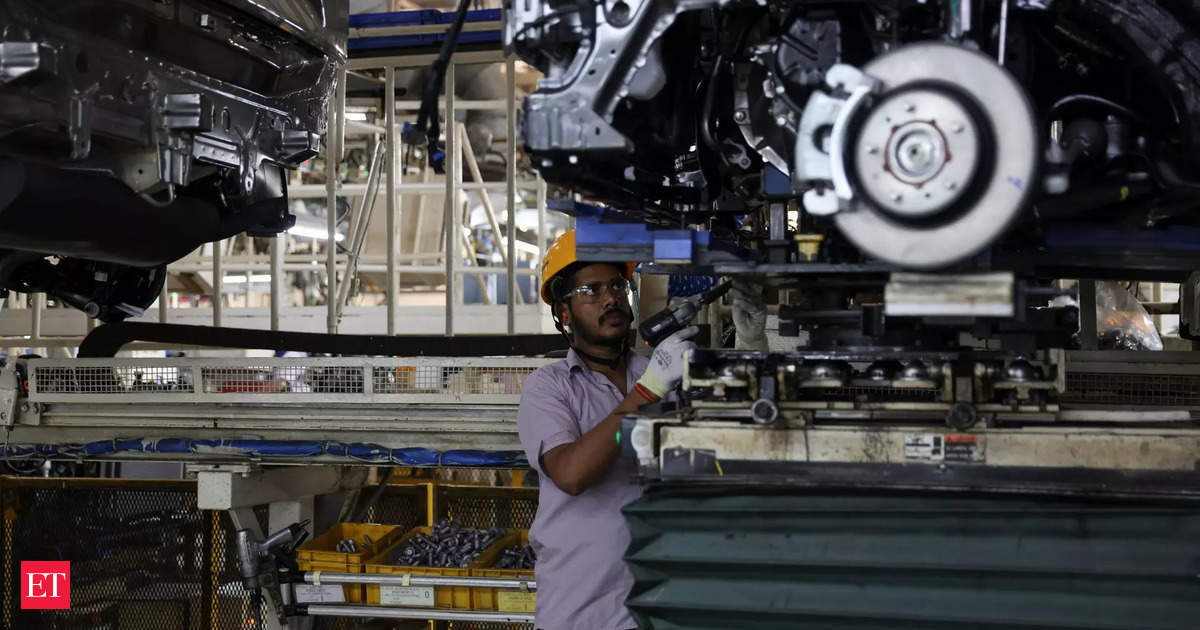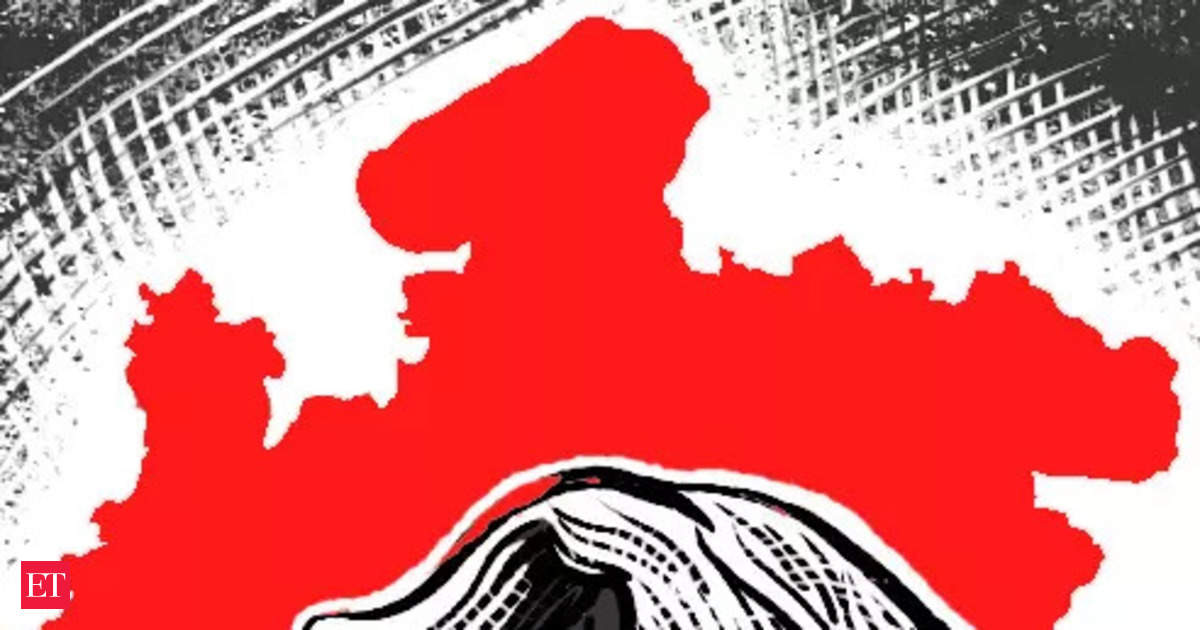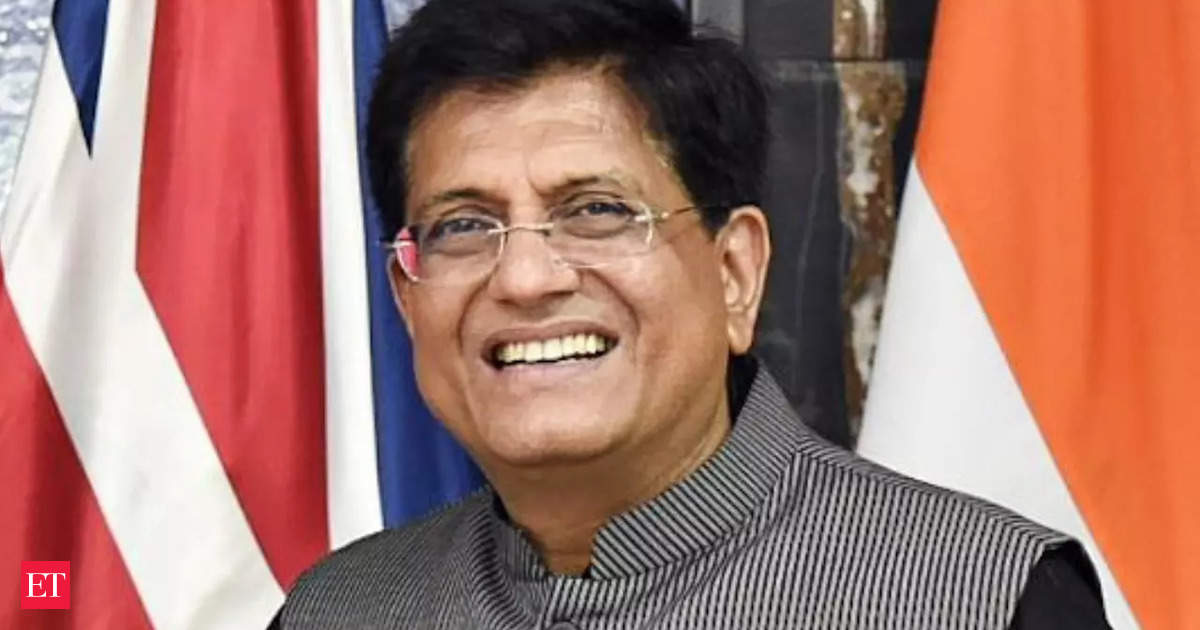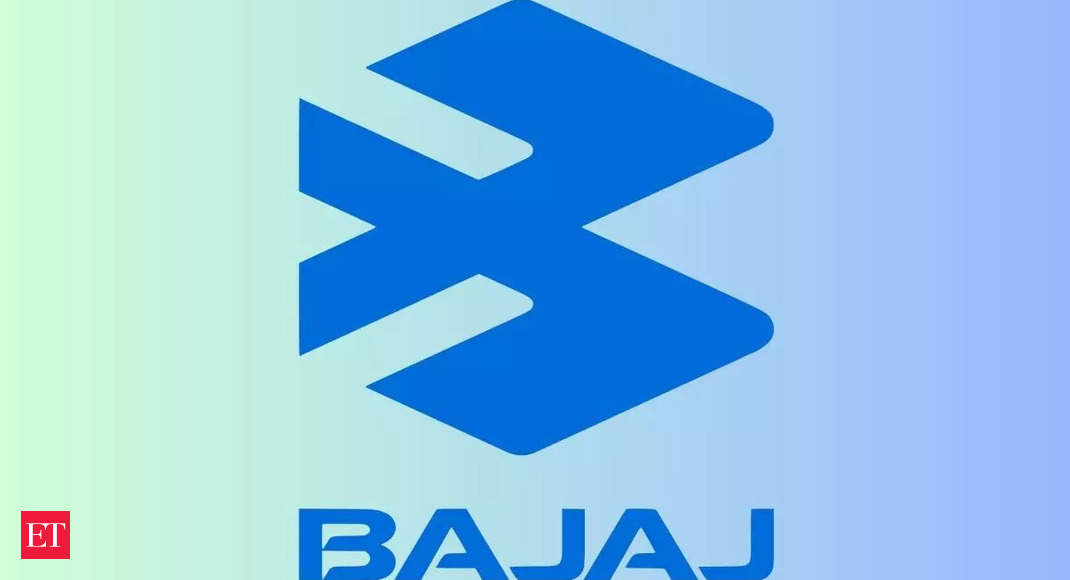Made-in-India cars are experiencing increased acceptance in global markets as major carmakers capitalize on the country’s cost and talent advantage. Toyota, Volkswagen, Hyundai, Mahindra, Tata Motors, Honda, and Skoda have witnessed significant growth in exports. India’s regulatory norms aligning with international standards, low-cost manufacturing, affordable labor, skilled workforce, and well-developed supplier base offer carmakers a competitive edge. The government aims to raise the share of exported vehicles to 50% by 2030. Electric vehicles are also expected to contribute to export growth through the production-linked incentive scheme.
Basmati prices have started to cool down in domestic markets as the restive situation in the Red Sea has impacted exports. This article discusses the reasons behind the decline in basmati prices and the effects on the agriculture sector.
Vivo Mobile India, the Chinese-owned smartphone brand, has reported a net profit of ₹211 crore for FY23, bouncing back from a net loss of ₹123 crore in FY22. The company attributes its profit to improved inventory management, increased local production, and a leaner inventory. Vivo Mobile is currently under investigation for alleged breaches of local financial laws and violations of the Prevention of Money Laundering Act.
Oil prices rose on Monday after Saudi Arabia and Russia confirmed their commitment to continue voluntary oil supply cuts until the end of the year. Brent crude futures rose 1.47% to $86.14 a barrel, while U.S. West Texas Intermediate crude was up 1.6% at $81.80. The cuts could be extended into the first quarter of 2024 to support market stability. Investors will monitor economic data from China, and concerns persist about the European economy.
Indian contract manufacturers, such as Dixon Technologies and Karbonn Group, have been able to nearly equal the cost of manufacturing in China. They have achieved this by learning from Chinese methods and investing in automation. This has attracted global brands, including Chinese-owned ones, to consider exports from Indian contract manufacturers.
India has the potential to become a global manufacturing hub for gems and jewelry, according to Union Commerce and Industry Minister Piyush Goyal. Speaking at the annual World Jewellery Confederation Congress in Jaipur, Goyal highlighted the significance of the industry to India’s economy, with its contribution to annual merchandise exports and employment of nearly 5 million people.
India plans to reduce the basmati floor price from $1,200 per metric ton to $850 per metric ton. The move is expected to aid millers and traders in exporting the rice grade. The decision follows a drop in international basmati rice prices, and it aims to promote rice exports. Read on for more information.
Bajaj Auto’s managing director, MD Rajiv Bajaj, stated that the entry segment of 100cc motorcycles continues to be under pressure for the industry as a whole. The buyers at the bottom of the pyramid, who were hit by the COVID pandemic and rising petrol prices, are not coming back. Bajaj suggested that compressed natural gas (CNG) two-wheelers and tax incentives from the government could galvanize entry-level customers.
Maruti Suzuki India records its highest-ever monthly wholesales in August, with a growth of 14% in dispatches to dealers. The company’s domestic passenger vehicle sales also witness a significant rise of 16%. Sales of mini segment cars declined, while dispatch of compact cars and utility vehicles increased. The company’s exports also saw a positive trend. Read more for details.














